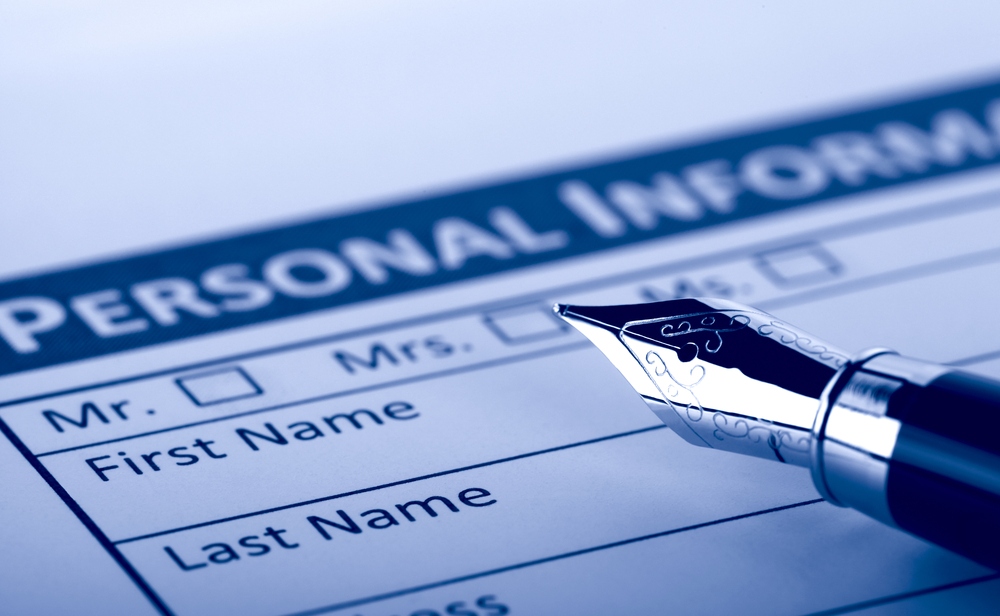Since Brexit, all that is legally required to remain living in France is a valid residency card. However, there are potential advantages to becoming a naturalised French Citizen. And whilst it is by no means a pre-requisite to live the rest of your days in France, many expats do ultimately choose to apply for French Nationality for a variety of different reasons.
Here’s how to apply for French Nationality.
Why apply for French Nationality
Since arriving in France five years ago, it has always been my intention to apply for French Nationality. There are several different mechanisms under which to apply, depending on personal circumstance. Whether by marriage or family heritage, or the reason that most apply under – simply having lived here for more than five years. As long as you have regularised your permanent life here, including tax matters, healthcare and working situation. This method is called “par decret”.
Of course, as with other things, the process has without doubt become more arduous since Brexit. But, let’s be honest, being an administrative process in France, it was never going to be easy! The process can be long, time and energy consuming as well as costly. So is certainly not a decision to be taken lightly.
Personal reasoning was that once I had confidence in making France my home forever more, I saw no good reason why I wouldn’t apply. But since then of course, as a result of Brexit, the desire to have the ability to vote in the country within which I pay my dues has very much been a factor. Alongside wanting my voice to be heard in the country that I have chosen to call home. Particularly in these ever changing and somewhat alarming political times.
Find homes in France via our property portal.
Where to start
As we all know, no one loves an exhaustive dossier more than the French. And applying for French Nationality is certainly no exception. As with everything here, requirements vary depending on both your department and the situation under which you wish to apply. Step one is to find out the required documentation and process according to the department within which you live. Dossiers are mostly now submitted online. And if you are under any illusion that it’s simply a case of printing off a list and collating that list in short order, be warned! It may be more arduous than you think.
In terms of timing, demand within some departments is such that the process from start to finish can take several years. So also thinking that it will negate the need to renew your CDS when the time comes is not necessarily something that can be relied upon.

Find out the required documentation and process according to the department within which you live.
Stages of the Process
Having attained the definitive list for your area, you need to go through that list step by step. The list published is of course a “catch all” for all possible situations. Dependent on yours, you first need to ascertain which documents from that list are specifically applicable to your case. And seeing the rather overwhelming list is often the first sign of the journey ahead towards attaining your French Nationality.
And, in addition to the long list of documents required for submission, there is a language exam requirement. Prior to Brexit, people over a certain age did not previously need this. But post Brexit, this is an absolute pre-requisite for everyone. And may well leave some more longer term aged expats in a position of kicking themselves for not having previously applied when they could bypass it.
The only way to avoid the language requirement at this point, is to have proof that you have taken a previous exam organised by a French establishment. Some certificates, providing you have studied full time in France previously, may fulfil this criteria, but you will need to check. But without the certification you simply cannot complete your dossier. With waiting times for exams (let alone preparation time required) and vastly different times being reported for authentication of results, this stage is one that it is worth pursuing first. The language level that you need to attain for this is B1. This is viewed as intermediate level French. Coupled with the fact that this may be the first exam some of us have taken in years, can still be a fairly stressful process to complete.
Documentation Required
Then of course, we come to the list of documents required to submit your French Nationality dossier in full. Along with the base documents (proof of ID, two copies of extensive application forms, photographs and the required payment by timbre fiscal), there is yet an additional extensive list.
Documents surrounding your civil state, whether you are married or have children or who you live with. Proof is required of all of births, deaths, marriages and divorces within your immediate family situation. This is the point, when if in my position, you finally breathe a huge sigh of relief at never having married or having had children. Not only do these original certificates all have to be sought, (copies can be ordered from the GRO government online service in the UK) but they must also be officially translated. And there are no short cuts here as the documents must be translated by officially registered translators, which, of course, incurs further cost.
Then we move onto your housing situation and your financial situation (including financial resources and work earnings). Although you may think you have done this all before for things like residency cards, I can assure you that this not the simplified process that it once was.

As well as base documents, you will need paperwork surrounding your civil state
Process Timelines
As already established, first steps in terms of finding out exact requirements and even where you can take exams may alone be frustrating. However, a word to the wise from someone who has done it. You could spend hours on the computer going round in circles, or you could work smarter. There are many groups, particularly on Facebook, which are invaluable at helping you cut through any confusion of how to apply. People who have previously been through this process for French Nationality are more than willing to help and provide guidance. And chances are there are some who live in your area who can help you even more specifically. Do not be afraid to ask – this is a valuable resource.
Once you have all relevant documentation, including the exam certification, you are ready to submit your dossier. This is normally done online. Within a certain amount of time, the dossier will be examined and you are informed whether anything is missing. And we all know this game don’t we? But in good news, once your dossier has been accepted, give yourself a small pat on the back for the majority of the administrative work is done. Although the stress may continue for a while to come.
Interviews
The next step comes in several possibly daunting guises. Including a visit from the local police, (often unannounced) to check you are living where you say you are and are who you say you are. You will also have to attend a formal interview process at the centre you applied to. During this interview, you will be asked various questions about why you are looking to attain French Nationality, what you do, your family situation etc. You will also be questioned on the laws, history and culture of France. A very useful tool when it comes to preparing for this portion comes in the form of the “Livret Citoyen”. But it is worth noting this part of the process still has very much the feel of yet another “exam”.

You will have to attend a formal interview process at the centre you applied to.
Application Results
At some point following this, you will either receive a rejection of your application. Should you be rejected there is an appeals process. Or you will see your name appear in what is called the “JO”. The “Journal Officiel” is the journal that published legal official information in France. However, there are reports of people known to have lived, integrated and worked in France for many years having been rejected. So obtaining French Nationality is certainly not purely a question of jumping through administrative hoops or a tick box exercise.
Once you have received notice in the JO, you can officially then apply for your French documents. Now you can really consider yourself well and truly a Naturalised French Citizen. You still retain your British Nationality, but your new passport will give you the ability to stop worrying about Schengen rules and return freedom of movement to you. As well as the ability to vote in your chosen “home” country. And for those who work, it could additionally open up new potential work opportunities, as since Brexit, UK citizens could no longer work for certain bodies in France without Nationality.
At this point I would suggest that a rather large glass or something, a big sigh of relief and a huge celebration is called for. Felicitations, you did it! You are now officially French!










